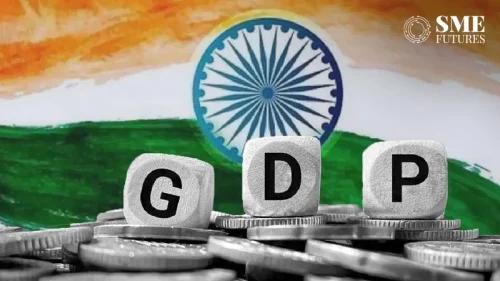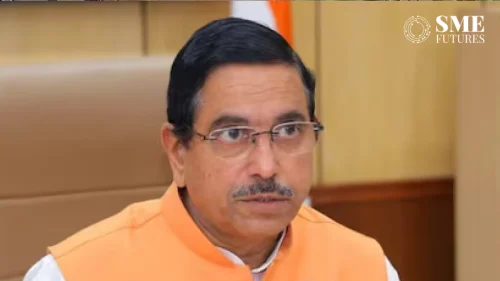This news was confirmed by the secretary of Department for Promotion of Industry and Internal Trade (DPIIT), Ramesh Abhishek who said that the government will set up a panel that will seek to resolve the issues that have arisen from the so-called angel tax. According to Abhishek, “We have got a number of suggestions and we will form a small working group and try to come out with some suggestions and solutions in the next four or five days.”
The Central Bureau of Direct Taxes (CBDT) has already said no coercive action will be taken. In fact, CBDT member Akhilesh Ranjan said that officials are being advised not to enforce recovery till appeals are decided, and added that a new definition of start-up would help in carving out an exemption for them in the law.
DPIIT wants Section 56(2) of the Income Tax Act, which enables imposition of the levy on angel investments in start-ups, to be scrapped, A senior official of the bureau said that “we are asking the finance ministry to remove this clause as it is wrong. We are in discussions with them to devise a mechanism to do so.”
Under Section 56(2), when a closely held company issues shares at a price more than its fair market value, the difference is taxed as income from other sources. This section was introduced as an anti-abuse measure in 2012.
The tax, Ranjan said, is called angel tax because it impacts investments in start-ups. The commerce and industry ministry has told the finance ministry that the tax is a major impediment to the flow of investments into start-ups. Before abolishing the section, start-ups will need to be defined. Ranjan added that “We don’t want start-ups to be in the ambit of this section, we want them to be removed from the section but to do that, we will have to define start-ups in the law.”
As per a survey carried out by a community social media platform LocalCircles and the Indian Private Equity and Venture Capital Association (IVCA), more than 2,000 start-ups that had received funding from investors, angel investors, i.e., private equity and venture capital funds have received angel tax notices which is about 73 per cent of the 2,883 respondents.
Ranjan also said that notices are different from assessments and the tax demand notices are lesser in number. At least 100 start-ups and the software product maker lobby group iSPIRT had recently written to the Prime Minister’s Office seeking abolition of Section 56(2).
Earlier in the last month, the government had given start-ups and their investors a relief by allowing exception from Angel Tax by an application via the department, then called the Department of Industrial Policy and Promotion (DIPP), along with necessary documents. The Central Board of Direct Taxes (CBDT) would then issue a certificate of exemption within 45 days of the application.









